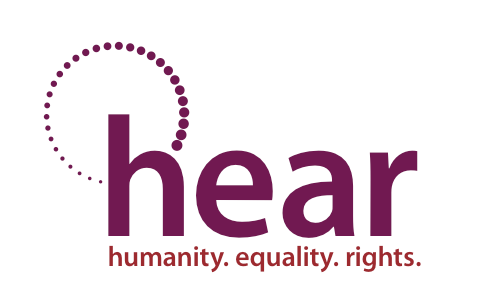Mental Health equality is an area of interest and expertise for many HEAR members. The causal links between exclusion, discrimination, isolation and poor mental well being are well documented.
Organisations run by and working with marginalised, including inter-sectional, Londoners have, therefore, extensive knowledge of the discrimination and barriers experienced by those with Mental Health Support Needs (MHSN) and have developed practical, efficient ways of overcoming them.
The communities covered in What Londoners with Lived Experience Said are based on our members’ expert knowledge of inter sectional communities with unmet MHSN that are of significant interest to London policy makers.
HEAR’s research accompanies and adds value to, but is not part of, Thrive LDN’s Right to Thrive, the ‘Londoners Said’ report or previous work commissioned from Revealing Reality.
This paper is based on HEAR members’ publications and suggested reading as well as HEAR’s own and commissioned research, and expertise and examples compiled from recent HEAR events and consultation submissions.
What Londoners with Lived Experience Said contains examples of intersectional discrimination, exclusion and stigma impacting on mental well being, projects that improve mental health and well being in inter sectional communities in London, as well as how structural discrimination excludes inter sectional people from accessing services and opportunities to influence policy and commissioning.
The literature review draws out practical recommendations that once adopted by Thrive LDN, London Health Board (LHB) members and the broader public sector in London will enable them to work more closely with equalities VCS and user -led mental health organisations to reduce mental health inequality and improve the mental well being of intersectional Londoners.
The paper also includes examples of communities that are at particular risk of intersectional discrimination and stigma impacting on mental health, that require further outreach and research.
